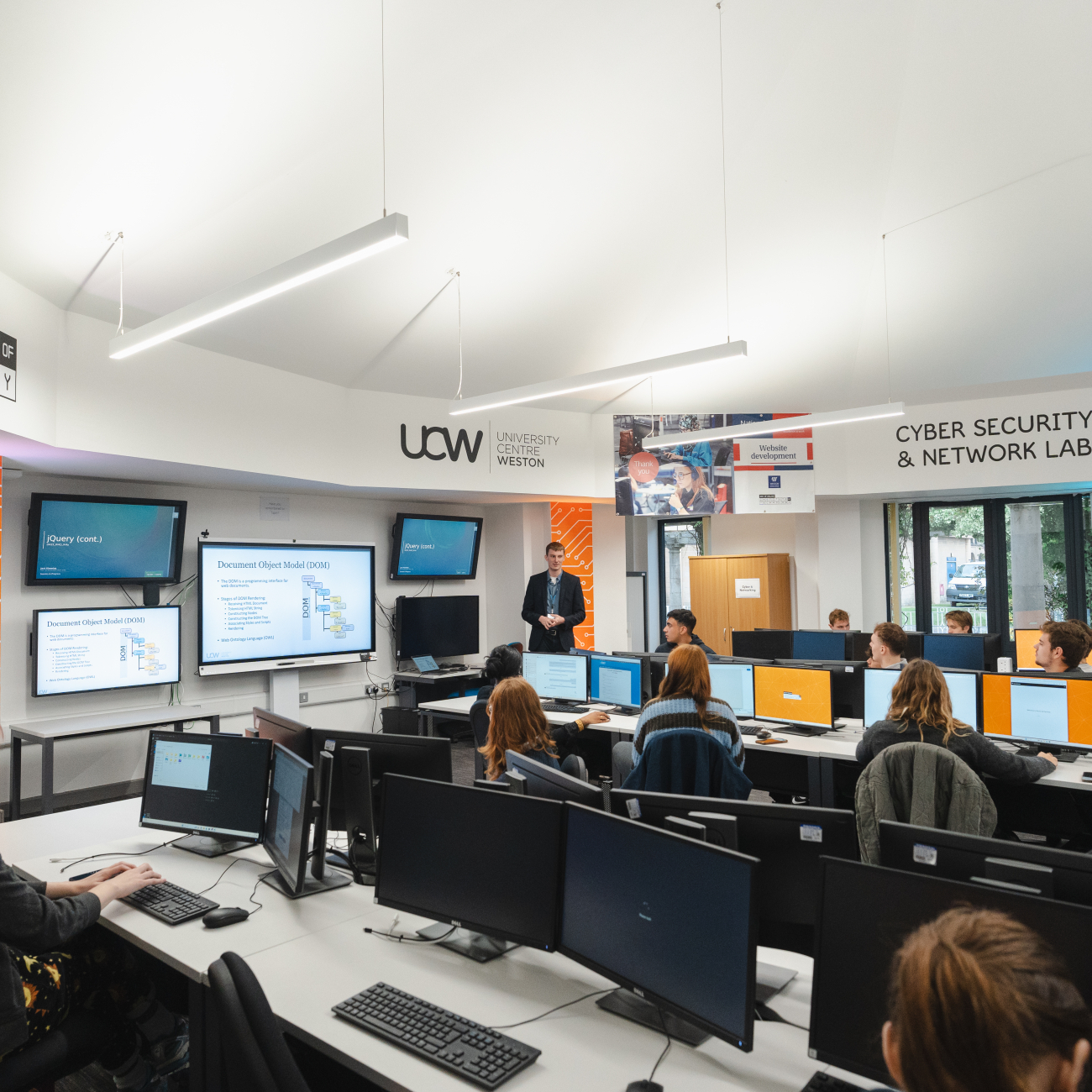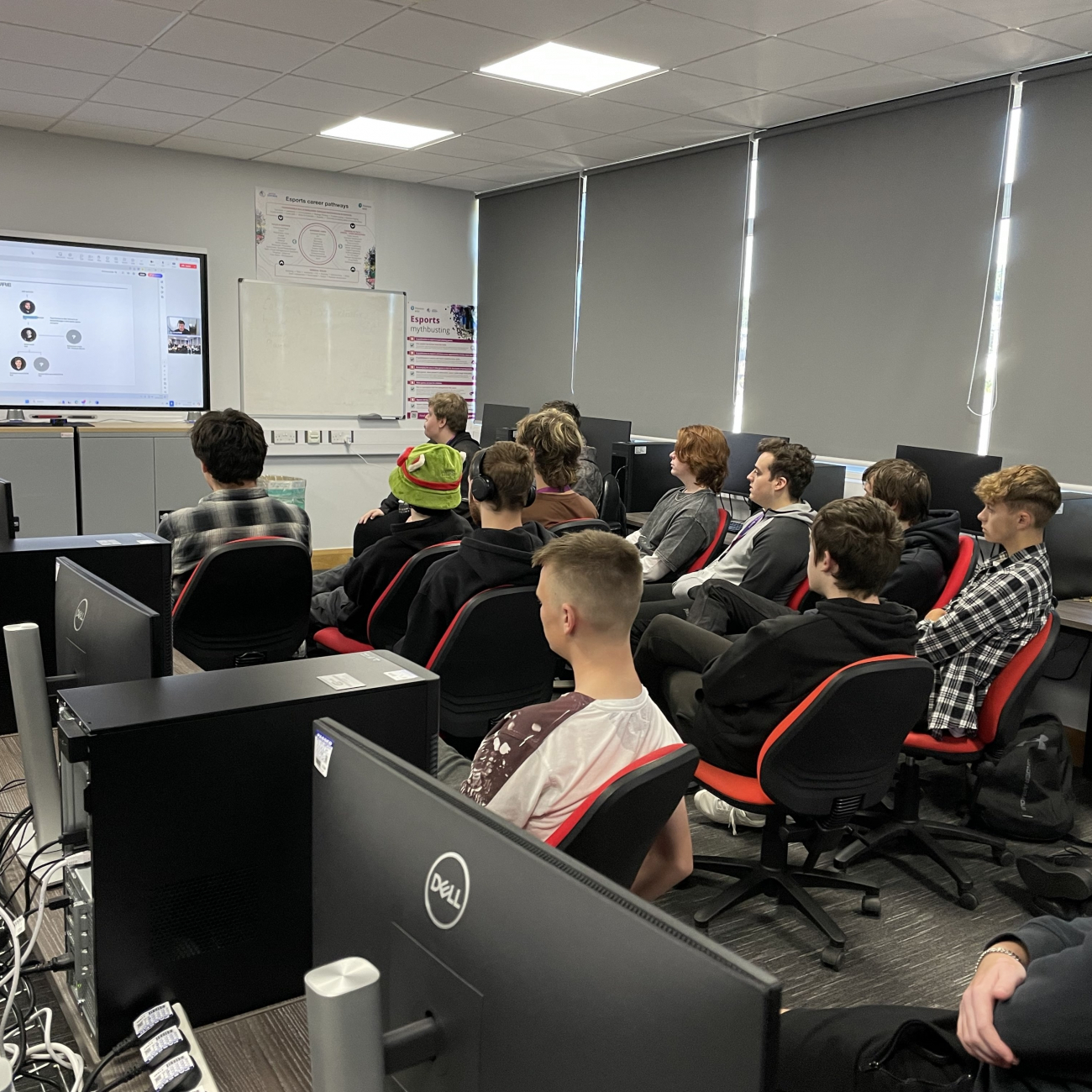
Sustainability and Cyber Security Skills Gap Must be Plugged to Meet the South West of England’s Aspirations

New research shows the extent of the Southwest’s demand for sustainable living, as the majority would consider a home to be worth more money if it was sustainably constructed. A report released alongside the research highlights the technical skills that are needed if the Southwest’s consumers’ green ambitions are to be met.
The skills to succeed: Meeting the country’s evolving technical skills needs’ report, produced on behalf of the Institutes of Technology, looks at a range of challenges that communities, face today, including sustainable construction, transport, and tackling threats to national cyber security.
Research released alongside the report shows that more than half of people in the UK are worried about the risk of cyber threats either at home or in the workplace. It also shows that 77% of the public think the likes of banks, social media companies and shops need to do more to keep their customers’ data safe.
Furthermore, the report shows that 82% of businesses now see cyber security as a high priority. However, around half (51%) say they face a basic technical cyber security skills gap with 44% of cyber vacancies reported as being “hard to fill” since the start of 2020. Therefore a workforce with the right technical skills is needed.
The West of England Institute of Technology is plugging this gap by teaching skill that can be applied to the ever-evolving threats to cyber security.
The West of England Institute of Technology (IoT) is part of a new national network of regional partnerships between local colleges (including Weston College), universities and leading employers across England, created to ensure the technical skills and knowledge needed to overcome the biggest challenges communities face are accessible to all. IoTs provide training in STEM (Science, Technology, Engineering and Maths) based occupations, many of which address sustainability demands facing the country, such as in energy, transport and digital industries. Their work is increasing the accessibility of vital expertise for employers seeking to embrace innovation.
Michelle Donelan, Minister for Higher and Further Education, says: “Institutes of Technology are not only playing a critical role in helping to close skills gaps in key sectors such as sustainable construction, but crucially, they are providing people with high quality technical training that leads to good jobs, helping to level up opportunity across our country.
“The need to support sectors such as advanced manufacturing and engineering, construction and digital looks set to only grow and with their close ties to employers, Institutes of Technology will be the driving force behind ensuring the workforce is ready for future technological change and changing working practices.”
As well as covering Cyber: Tackling threats to national security, The skills to succeed: Meeting the country’s evolving technical skills needs’ report looks into other challenges communities are facing today, and how Institutes of Technology are helping to plug gaps. The topics include, Energy: Powering the nation in new ways, Construction: Building a sustainable future, Electric Vehicles: Driving transport innovation and Agriculture: Cultivating technical skills.
Read the full report here.








